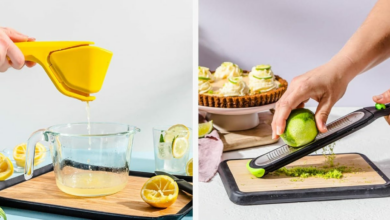Are You Dehydrated? Here Are Some Lesser-Known Signs to Look Out For
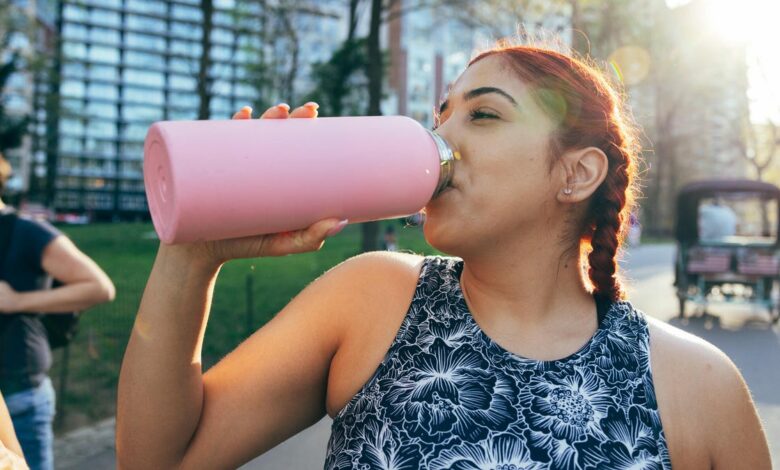
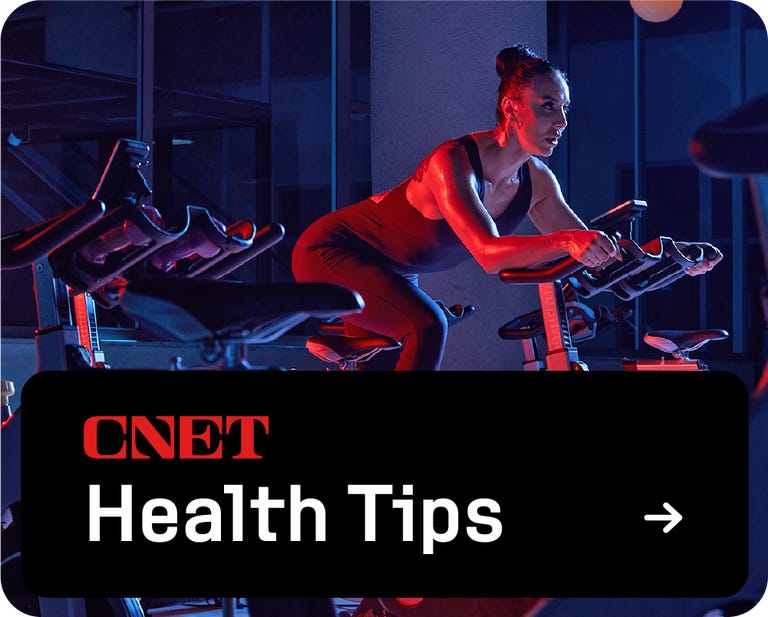
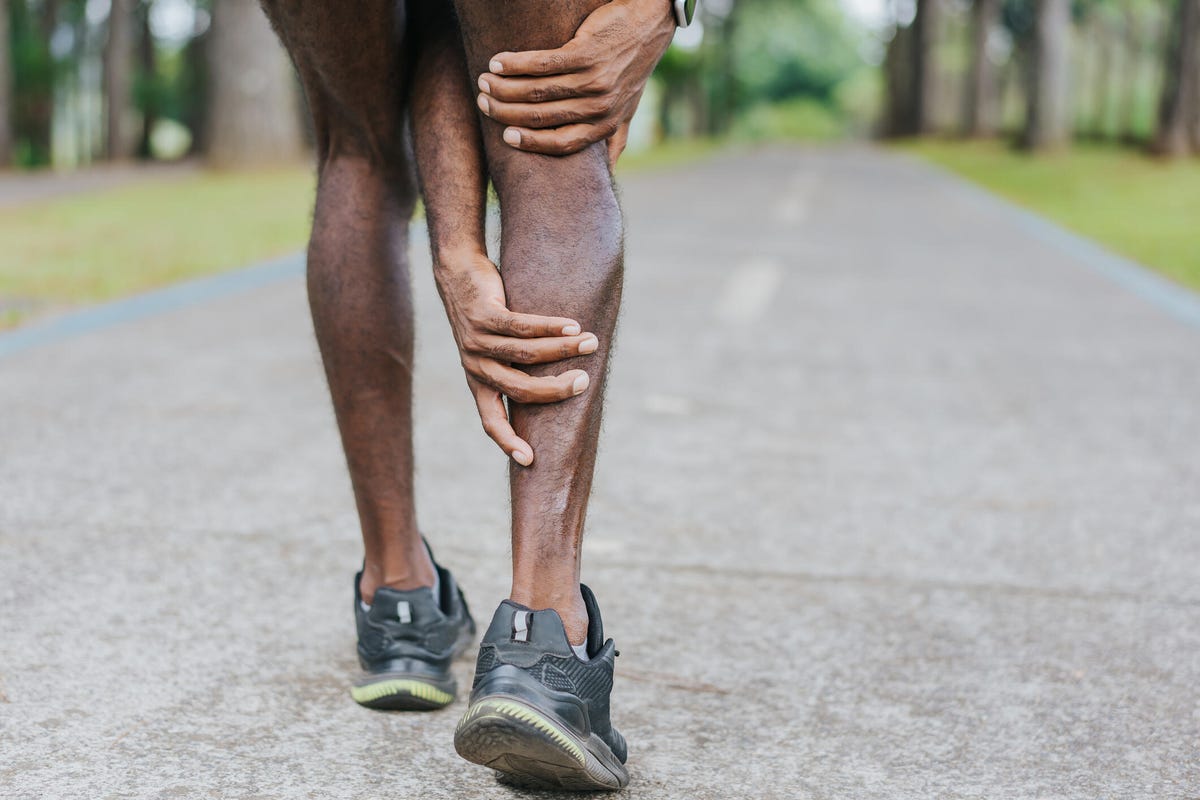
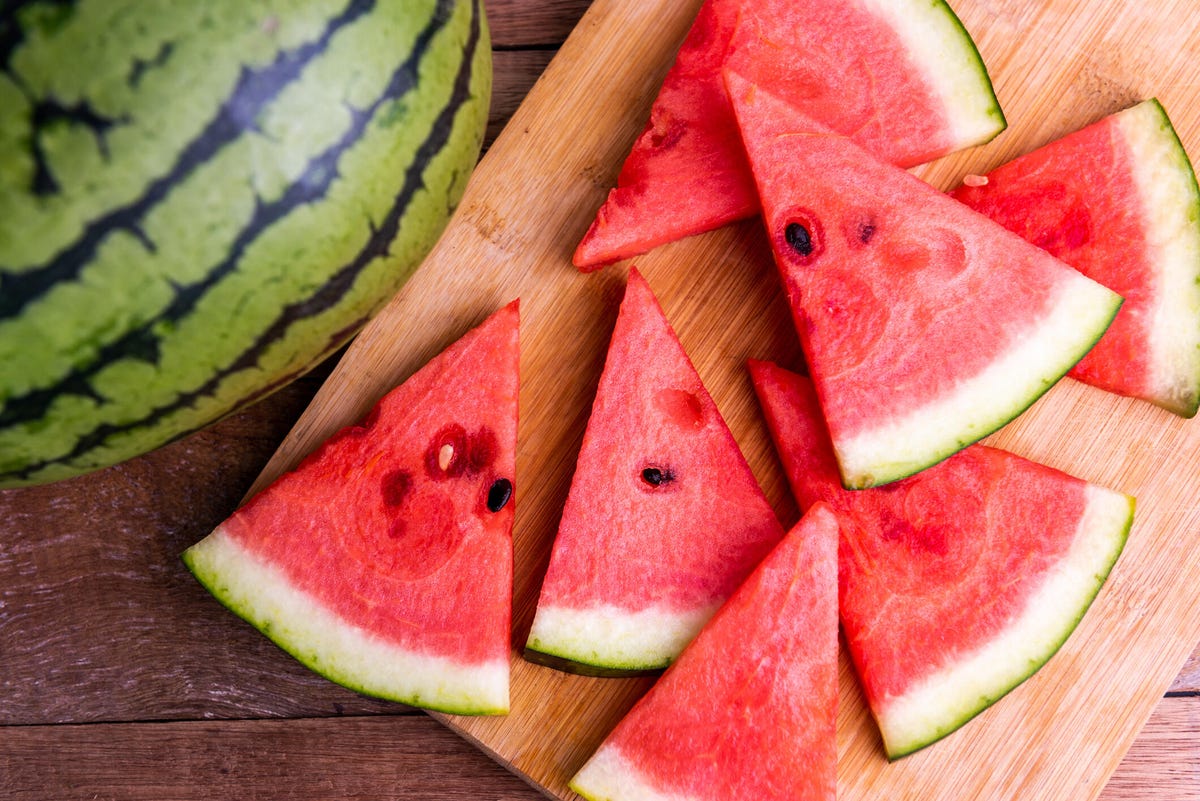
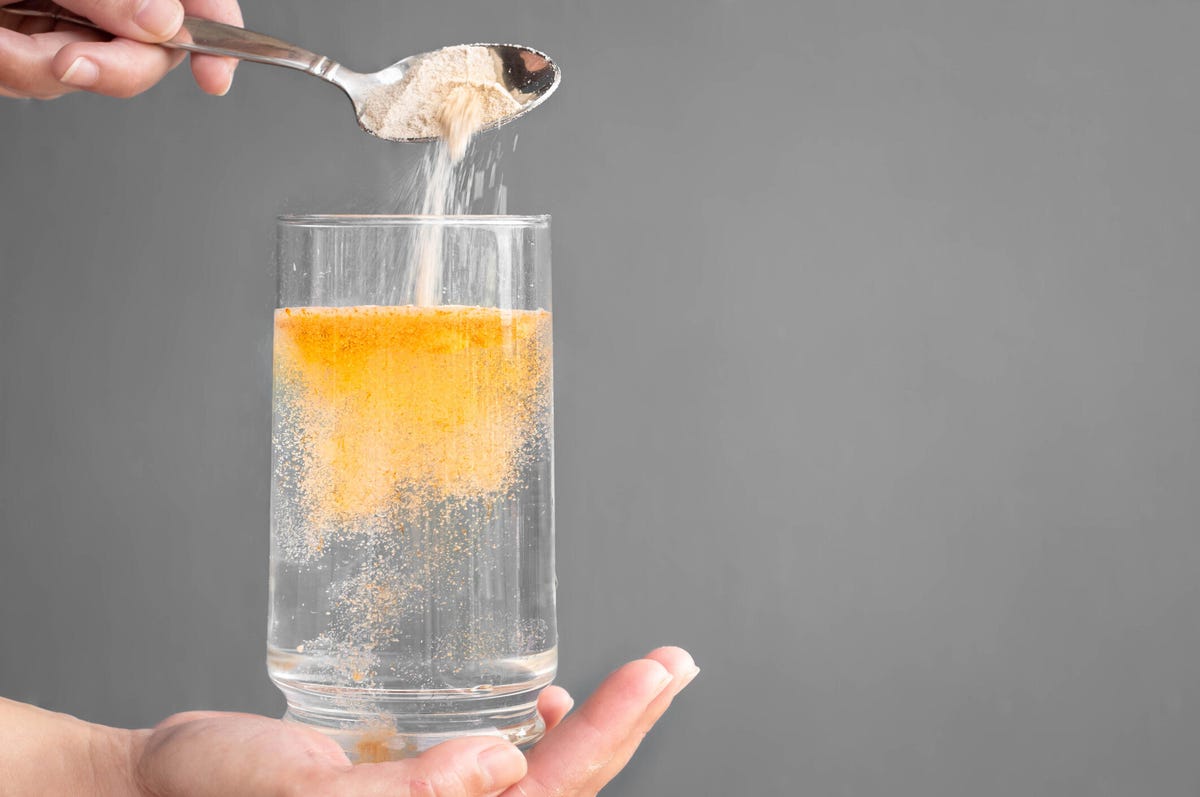
Recent research shows that as many as 75% of American adults chronically dehydratedThe National Academy of Science, Engineering, and Medicine notes that you Consume 125 ouncesor 15.5 cups of water per day for men and 11.5 cups for women. However, almost three-quarters of adults only drink two and a half cups daily.
Hydration is essential for good health. Drinking enough water makes it easier for your heart to pump blood, helps your body regulate its temperature, helps flush out toxins, and improves your skin condition. Common signs of dehydration include dry mouth, dark yellow urine, and thirst. However, there are other, less common signs of dehydration that you may not be aware of. Our guide addresses these symptoms and offers ways to ensure you’re properly hydrating your body.

Lesser known signs of dehydration
Below are some lesser known signs of dehydration.
Fatigue and low energy levels
Your body needs adequate hydration to function efficiently. When you don’t drink water regularly, your body loses water, sodium, and potassium. Your blood pressure can also drop, leading to poor circulation and less blood flow to your brain. With less blood flow, you may feel lethargic. However, your body will try to balance your blood pressure by constricting your blood vessels and forcing your heart to pump harder. Because of the increased energy your heart exerts, you may also experience more fatigue.
Headache and migraine
a dehydration headache can happen if you don’t drink enough water. When your body becomes dehydrated, parts of your body shrink, including your brain. As your brain shrinks, it pulls away from your skull, putting pressure on the nerves. This pain is isolated to your head, unlike other headaches, which can extend to your neck and shoulders. If you drink water and notice that the pain improves, you have a dehydration headache.
Dry skin and lips
Your body prioritizes where water goes. If you don’t drink enough water, your body will send the water you do have to your organs to keep them working properly. That means your skin cells won’t receive the water it needsWithout this moisture, your skin may look dull or flaky.
You may also experience dark shadows and hyperpigmentation. This happens when your blood vessels constrict because they’re not getting enough water. As for your lips, they dry out faster because they don’t have oil glands like other parts of your body. That’s why one of the first ways you know you’re dehydrated is when your lips are dry or flaky.
Muscle cramps and joint pain
As mentioned above, when your body doesn’t have enough water, it reduces blood flow and muscles can cramp. Another reason why your muscles or joints may hurt your body loses electrolytes when it is not hydrated. Electrolytes send messages to help muscles contract and relax. Without the messages to relax, your muscles may be more prone to cramps because they are stiffer. You are more likely to get Charlie horses during exercise because your body does not have enough hydration for electrolytes to send messages.

Bad breath and oral health problems
One of the most common symptoms of dehydration is dry mouth. When your mouth is dry, it reduces saliva production. Saliva can protect your teeth and gums by removing debris from your teeth, neutralizing acids from food or drinks, and strengthening your teeth by containing calcium, fluoride, and phosphate. Without saliva, you may experience tooth decay, plaque, bad breath, gum disease, cavities, and weakened enamel.
Dark colored urine
Your body can give you signals that you are not drinking enough water. One of the most common signals is that you urine has a dark yellow color. It is normal to see this in the morning after waking up because you have not had any water for a few hours. The reason your urine becomes dark is when you are dehydrated, your kidneys have to retain water. It results in a more concentrated urine because your body does not have enough hydration.
Dr. Yoshua Quinonesa board-certified internist, notes that people of advanced age may experience other issues. “Specific symptoms in older adults include urinary tract infections and functional decline,” he says. That’s why staying hydrated should be a primary focus for all age groups this summer.
Tips to Stay Hydrated All Summer Long
Here are some tips to stay hydrated this summer.
Drink plenty of water and hydrating drinks
The first step is to change how you consume water. If you regularly experience some of the symptoms listed above, you’re not staying hydrated. The goal for men is to consume about 15.5 cups of water daily, while women need 11.5 cups. That means you should prioritize consuming sources of water more regularly. You can drink plain water, or Quinones adds, “In addition to water, you can stay hydrated by consuming beverages such as herbal teas, coconut water, milk, electrolyte drinks, fruit waters, diluted juices, and vegetable juices.”
Eat foods rich in water
If you don’t like drinking large amounts of water, another option is to eat foods that are rich in water. Foods that are rich in water include watermelon, cucumbers, lettuce, celery, apples, zucchini, peaches, broth, and tomatoes. Adding these foods to your regular diet and drinking more water will help you stay hydrated during the hot weather.

Avoid excessive caffeine and alcohol intake
Follow the one-to-one rule when drinking alcohol or caffeine. For every drink you have, drink a glass of water. This will help you stay hydrated, as both alcohol and caffeine are dehydrating. How does alcohol dehydrate you? Alcohol is a diuretic, which means that the more you drink, the more urine your body produces. This is why the term “breaking the seal” applies, as on nights when you have multiple drinks, you’ll be using the bathroom more often.
Bring a reusable water bottle and set reminders
For some, drinking enough water to stay hydrated can be a challenge. Dr. Quinones recommends, “To improve your hydration habits, consider using reminders or apps, flavoring your water, starting with small sips, carrying a water bottle with you, setting daily goals, and adding hydrating options like broth or herbal tea.” It also helps to have a hydration buddy. This can be a friend or loved one who sets the same goals as you or holds you accountable.
Read more: Best Reusable Water Bottles
Stay cool and avoid prolonged exposure to the sun
When the weather gets hot, you don’t want to stay out in the sun for too long. Staying out in the sun exposes your body to heat, which pulls water out of you through sweat. The longer your body experiences these temperatures, the more water it loses. Therefore, you only want to be out in the sun for short periods of time so that you don’t experience excessive heat, which can lead to dehydration.

Consider electrolytes after intense physical activity
After exercise, drinking electrolyte drinks can help your body rehydrate faster. As your body absorbs electrolytes, they can regulate muscle and nerve function, repair damaged tissue, and regulate blood pressure. After losing excess fluid during intense exercise, this is the fastest way to restore hydration.
Read more: How to stay cool while exercising outdoors this summer?
Listen to your body and hydrate accordingly
If you’re out in the heat or exercising, your body can tell you when you need water. If you have dry lips or feel your muscles cramping, that’s a sign you need to hydrate right away. And if you’re in an area that gets hot regularly, pay attention to your energy levels. On days when it’s blazing hot and you’re feeling tired or disoriented, get somewhere cool, rest, and hydrate.

